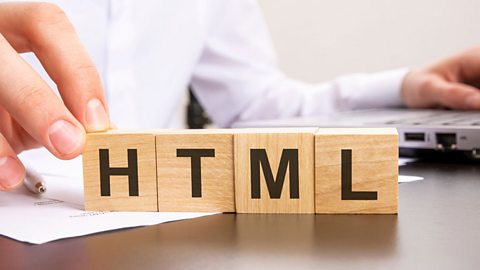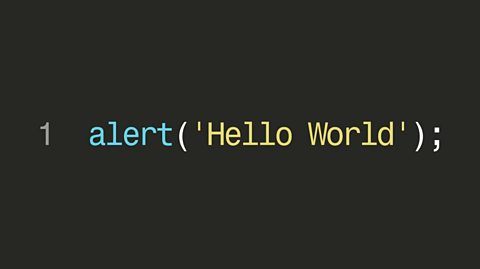Web design and development
Analysis
Thorough analysis that takes account of user needs, such as accessibility needs and use of mobile devices, will result in the production of end user and functional requirements.

Design
Understanding hierarchical and linear site structures as well as the implications of the Copyright, Designs and Patents Act ensures that wireframe designs are fit for purpose.

Implementation: CSS
Cascading Style Sheets (CSS) are used to apply styles to a webpage (internal) or website (external). Understanding the properties of text and backgrounds provides fundamental knowledge of CSS and how to apply styles using selectors, classes and IDs.

Implementation: HTML
The main structure of an HTML page makes use of <head>, <title> and <body> tags. Implementation of HTML through use of titles, videos, audio, div, anchor, headings, paragraphs and links provides a solid basis for future implementation.

Implementation: JavaScript
JavaScript events such as Onmouseover and Onmouseout can be used to ensure that web content responds to the user in real time. Use of functions to activate events is often necessary.

Testing and evaluation
Websites are deemed fit for purpose if they satisfy end user and functional requirements. Testing links and media playback as well as user interface design will inform evaluation.

Links
- External linkExternal link
- External linkExternal link
- External linkExternal link